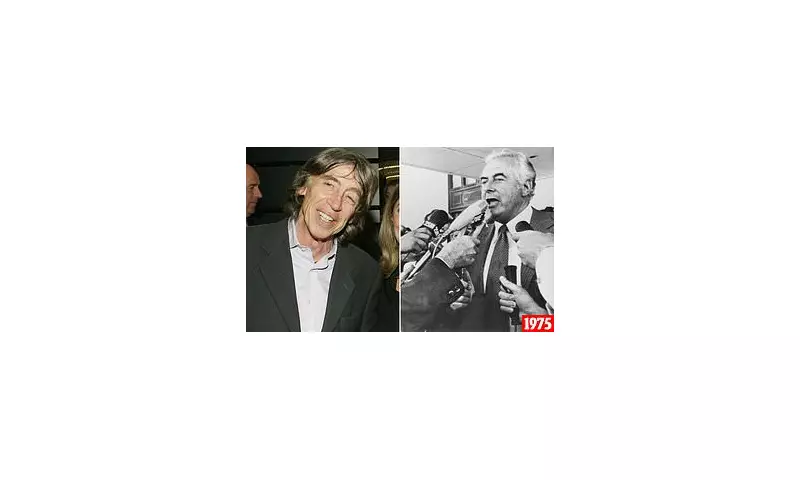
The BBC is facing significant public backlash following a controversial radio segment that questioned whether the term 'paedophile' should be replaced with the phrase 'minor-attracted person'.
During a discussion on BBC Radio 4's 'PM' programme, presenter Anita Anand engaged in conversation with a representative from a controversial advocacy group, prompting widespread criticism from listeners and child protection organisations alike.
Broadcasting Standards Questioned
The segment has raised serious concerns about the BBC's editorial judgement and commitment to safeguarding standards. Many listeners expressed shock that the national broadcaster would provide a platform for discussing terminology that appears to normalise or soften the language around child sexual abuse.
One particularly contentious moment occurred when the programme suggested that the term 'paedophile' might be considered 'stigmatising language', drawing immediate condemnation from child protection experts and the wider public.
Public Outrage and Response
Social media platforms erupted with criticism following the broadcast, with many licence fee payers questioning the BBC's decision-making process. Numerous complaints have been filed with the broadcaster, demanding an explanation for why such content was deemed appropriate for airing.
Child protection charities have joined the chorus of disapproval, emphasising that language matters in how society addresses and prevents child sexual abuse. They argue that using clinical terminology risks diminishing the gravity of offences against children.
BBC's Defence and Ongoing Fallout
In response to mounting criticism, the BBC has defended the segment as part of a broader discussion about language and stigma. However, this justification has done little to quell the anger from listeners who feel the broadcaster has crossed an important ethical line.
The controversy comes at a sensitive time for the BBC, which continues to navigate complex questions about impartiality, editorial standards, and its role as a public service broadcaster.
As the debate continues, many are calling for clearer guidelines around discussing such sensitive topics and more robust editorial oversight to prevent similar controversies in future broadcasts.





